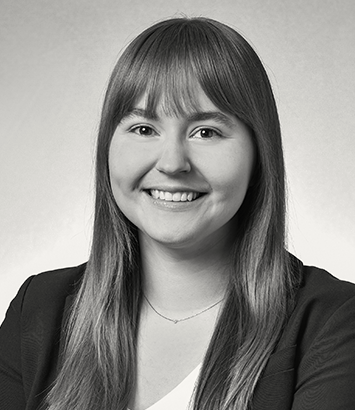Ohio Supreme Court Allows Workplace Cities to Tax Remote Workers During COVID
March 13, 2024 – Legal Alerts
The Ohio Supreme Court upheld a temporary Ohio law providing that income earned by remote workers would be taxed by the municipality that was their principal place of work, rather than the municipality where they actually performed remote work during the COVID-19 emergency period. The 5-2 decision in Schaad v. Alder, Slip Opinion No. 2024-Ohio-525, came on February 14, 2024.
Ramifications
Ohio workplace municipalities will not be required to refund municipal income taxes to employees who worked remotely outside of the municipal jurisdiction for the 2020 tax year. The decision does not address the taxation of residents of other states whose principal place of work was in an Ohio municipality during the pandemic.
Facts of the Case
In March of 2020, after Governor Mike DeWine declared a state of emergency and the Ohio Department of Health directed people to stay at home, the Ohio General Assembly passed emergency pandemic legislation in H.B. 197. Section 29 of H.B. 197 provided that during the state of emergency period declared on March 9, 2020, and for thirty days after the conclusion of that period, each day that an employee worked offsite, including from home, would be considered a day performing personal services at the employee’s principal place of work. As a result, a municipality was permitted to collect income tax from nonresidents whose principal place of work was located in that municipality, even if they actually performed their work outside the municipality’s boundaries during the COVID-19 emergency period. The state of emergency was lifted on June 18, 2021, but H.B. 110 extended the Section 29 tax provisions until December 31, 2021.
Section 29 of H.B. 197 was challenged in multiple lawsuits, including Schaad v. Alder. Josh Schaad worked primarily from his employer’s office in Cincinnati, but he began working from his home in Blue Ash beginning in March of 2020. His employer continued to withhold municipal income tax for Cincinnati in accordance with Section 29, and Schaad sought a refund from Cincinnati for the municipal income taxes paid for the days he worked from home while the emergency order was in effect. Schaad’s refund request was denied. The trial court dismissed Schaad’s lawsuit against Karen Alder, Cincinnati’s finance director, and the First District Court of Appeals affirmed the trial court before the Ohio Supreme Court agreed to hear the appeal.
Court Decision
The Ohio Supreme Court rejected Schaad’s principal argument that the Due Process Clause of the Fourteenth Amendment forbids an Ohio municipality from taxing a nonresident for work performed outside that municipality because “Ohio had a legitimate interest in ensuring that municipal revenues remained stable amidst the rapid switch to remote work that occurred during the pandemic.” Slip. Op. 21. Additionally, the majority noted that the United States Supreme Court’s Due Process limitations on taxation have never been applied to purely intrastate taxation issues. The court also held that the Home Rule Amendment in Article XVIII, Section 3, of the Ohio Constitution did not limit the General Assembly’s authority to enact Section 29.
If you have questions about the application of the court’s ruling, please contact your Dinsmore public finance attorney.

